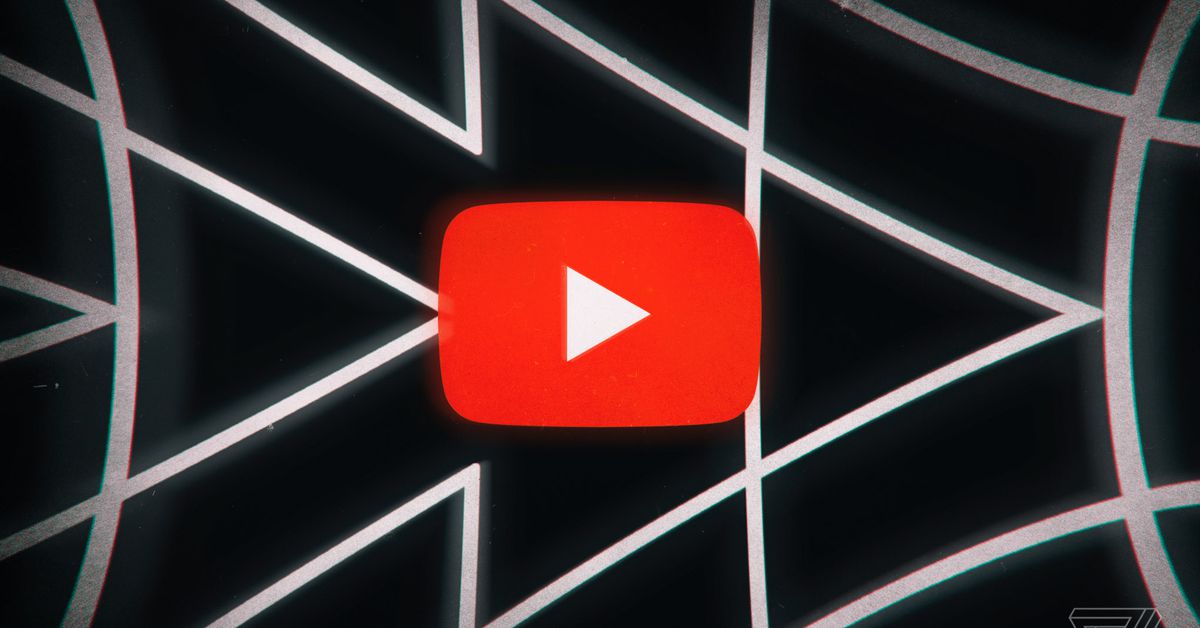Addressing concerns with Blocklists
The use of blocklists by various groups and factions on Diaspora and similar distributed / decentralised social platforms is increasing. I'm an advocate of the practice.
There are also concerns raised. I have several myself.
I'd like this post to be a forum for discussing concerns and only concerns of blocklists, whether individual, informally shared, or at instance/pod or higher levels.
The purpose of this post is to identify problems, and propose solutions.
Problems would be issues of untended consequences or abuses of blocklisting.
OFF TOPIC are any of the following:
- Defences of blocklists. (This post presumes legitimacy, the defence is not necessary.)
- Individual appeals concerning profiles to be added/removed from lists.
- Any particularly in-the-weeds discussions of viewpoints benefitted or harmed by blocklists. (General class/case mentions may be relevant, long or repeated mentions, discussions, complaints, discussions, etc., are not.)
- Disruption, spamming, etc.
This discussion will be moderated with those aims in mind.
Many of those affected by this topic cannot comment here. This is a legitimate problem.
As a partial solution, I'll propose that re-shares or references to this post by blocked profiles can be linked back here in he discussion. Please use the full-qualified long link, including the hostname. There are a few profiles which seem to manage to straddle sufficient communities to be able to do this. I'll try to visit those links and re-share any substantive issues and solutions proposed.
This itself is one of the key problems with blocklists: Once blocked, a profile's access to even an appeals channel is severely limited.
Reshares are obviously encouraged.
#blocklists #BlocklistProblem #TheBlocklist #Ignorelist #Censorship #Moderation #FreeSpeech #ResponsibleSpeech #podmin


